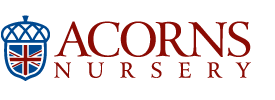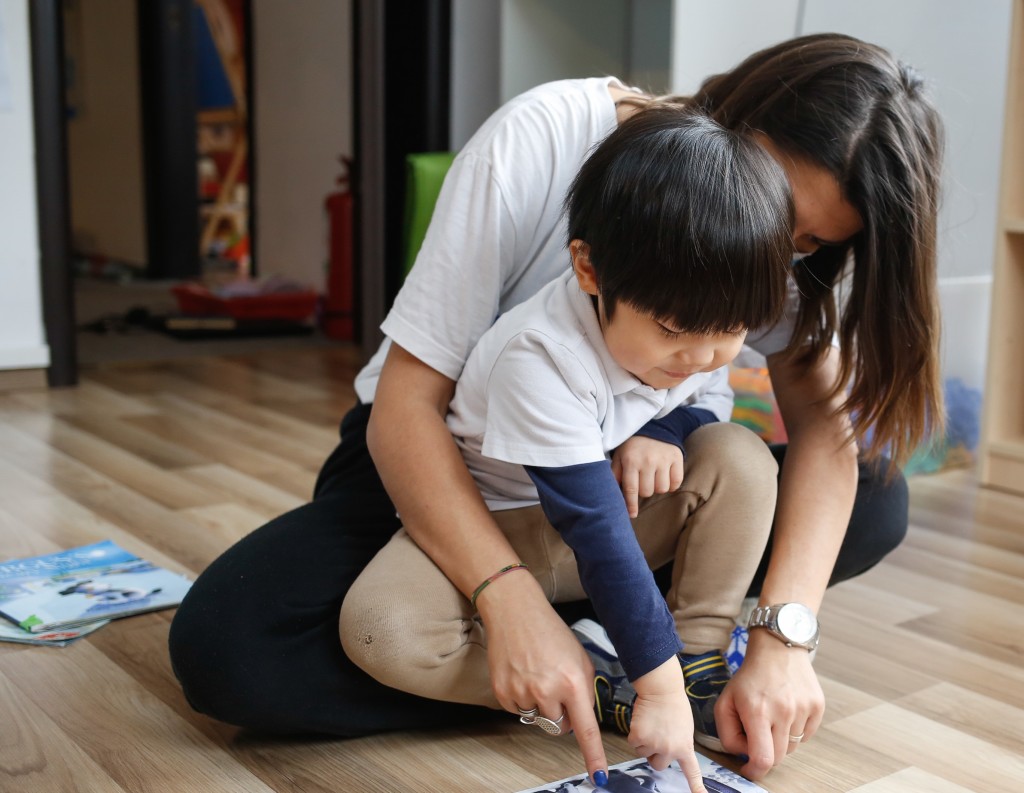The year 2020 proved that life means change and adaptation. And not just in any way but on the move, in quick steps. If some people have been left bewildered by what has been happening in recent months when everything entered the whirlwind of change and are still asking what is happening with themselves and the world, others have already learnt to maintain their balance at the top of the wave and have already reinvented themselves.
How is that some of us have adapted on the move while others are frozen to the spot? Certainly, many factors are involved: the wish to not give up but to keep going, understanding and acceptance that the only constant in life is in fact, change, an open mind and ability and willingness to learn, to transform their way of thinking and change their perspective and lastly, a large capacity for adaptation.
This is exactly what transformative learning is all about: not the accumulation of knowledge and information, not focusing so much on what we know but rather the way in which we learn. If learning information is somehow orientated towards one’s interior, towards satisfying a need for information, transformative learning breaks existing patterns and rearranges knowledge, information already held, integrating them with the new and creating a new puzzle.
We become a new person following learning – with different ideas, beliefs, attitudes, values and skills. All these being changed, the future of the person concerned is also changed, because actions, thoughts and personal decisions are what determines someone’s future.
Independent thinking is an effect of transformative learning, in as much as this focuses on flexibility, speed and seeing the big picture. In other words, independent thinking, (a must in both current and future society) is the capacity to think outside the rules decided by others, to question any and all aspects of reality and to self evaluate. This means having self belief in your own capacity to judge and rationalize despite being at odds with other people who don’t share your views.
Transformative learning as it was formulated for the first time by American sociologist Jack Mezirow in 1978, has 3 components: a psychological one (change in understanding of the self), one concerning the beliefs (revising one’s belief system) and a behavioral one (change in lifestyle). Put another way, it is concerned with restructuring both the present and the future of the person concerned.
Thought is not a given, it is not innate but is a process which develops throughout the whole of life. By developing independent thought, changing perspective and looking for solutions in a creative way, the person trains their thinking. It is also what we do in Acorns, how we challenge the children and offer them opportunities to recompose and permanently restructure their thinking, forming the foundation of their future independent thinking without which present society cannot be conceived and even more so, the future one. We give them instruments which will help them manage in life.
If we want to really transform society – the world in which we live – we must begin with ourselves from the earliest age.

